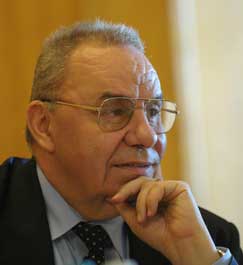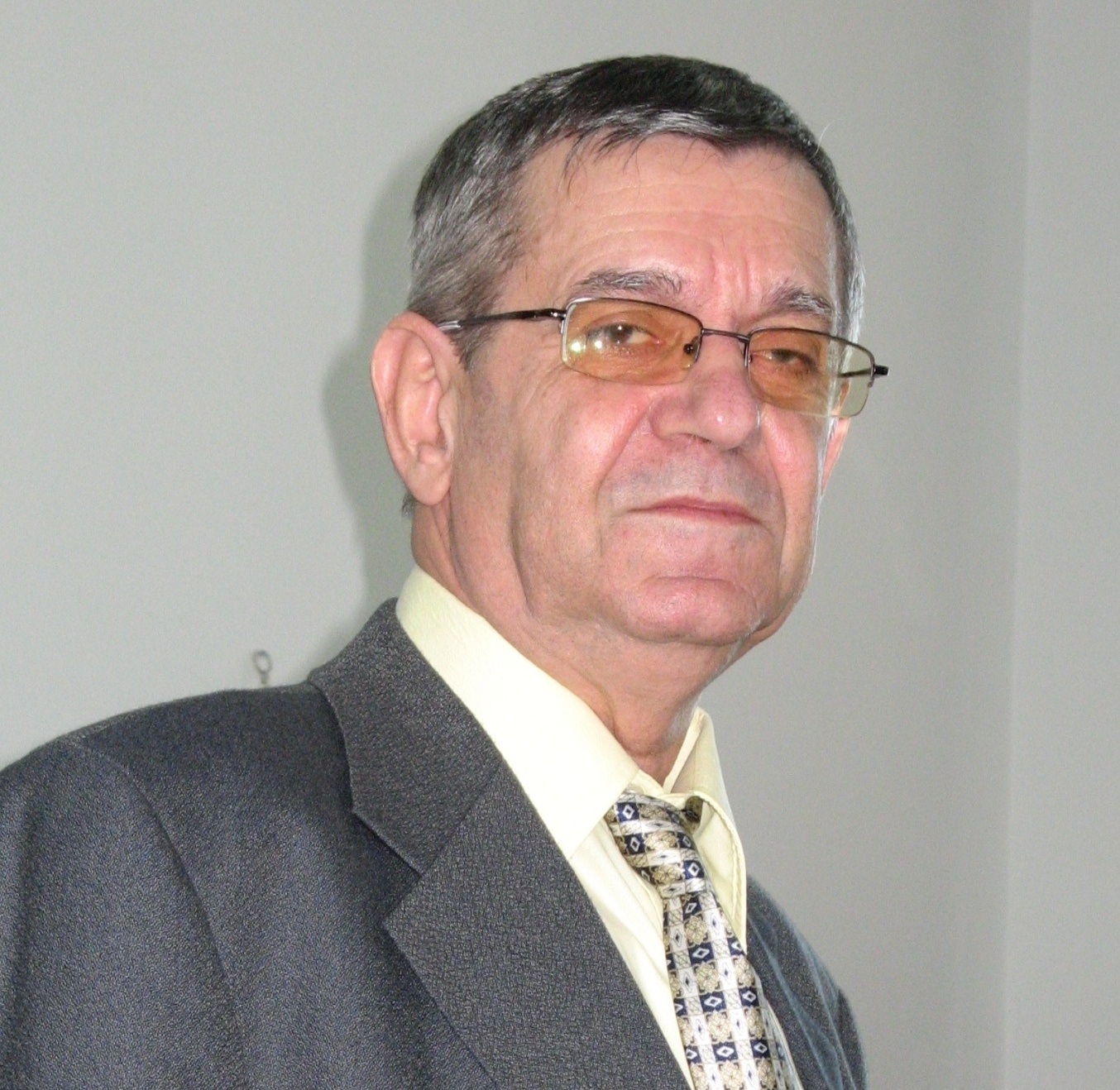When you leave for Sahara, never do it on a Monday morning, with a late
Sunday stop-over in Rome.
Sunday evening all of Rome is asleep. It couldnât care less that weeks
of ascetic living lie ahead of you, and that you may long for the now
nagging rain drenching the bloomed plum trees of Rome. So, you walk out
for a stroll. It is too early in the year for a visit at Fontana di
Trevi or at Piazza di Spagna, so you take cover in one of the empty
bars and engage the bartender in a conversation he politely seems to be
interested in.
Smoking inside public places is banned, so you are left with sipping
low heartedly from the Italian beer, though you are sure it canât be
good, as Italians do not have a name for making it right. You can only
hope that on your return trip the restaurants and bars would have
opened their terraces, and so you would be able enjoy a better weather
and finally, a cigarette with a glass of drink.
The bartender rests his head in his palms and gives you a look which
seems to tell you that since you are leaving for Sahara, you might as
well get soaked, in and out, of the water in abundance here.
During my train trip to Palermo the rain keeps on pouring. There I am
to join, on board of the Eurostar ferry taking us across the
Mediterranean Sea, the eight biologists and archeologists which will
make the Punia expedition of the all-Romanian scientific team exploring
Sahara.
I have little things to tell of Palermo. I tried to discover the Al
Pacino flavor and the one of the Sicilian mafia Clans, but I did not
succeed. The 2006 version of the grandson of such characters is less
concerned with family honor, as he gangs up with friends in bars,
smoking American cigarettes and listening to Cuban music.
I kept a vivid memory of the short customs official, who was not really
tanned, and nor really white, with round black eyes and a moustache,
and moved his hands around in true neorealist style. He seemed to be
under a lot of pressure, as he stopped frequently from his work to talk
over the phone in his 3 by 3 and yet 10 meters high office, shoving us
all out.
We were Romanians and a couple of Tunisians waiting for the stamps on
our passports. And looking at the Tunisians, and thus having my first
contact with a world that will vacuum me inside its belly for the next
four weeks, I could not escape my own stereotypes, though I did my best
to push them away. So, I admitted to myself that I did not feel the
faces around me were trustworthy.
So, good bye Europe! Our minivan, squeaking under the weight of the
equipment it carries, had its own way to protest, disregarding the
noble aim of our trip and the cash-strapped funding we had.
Much of our money came from personal efforts; some had understanding
wives, allowing them to use the family saving; others, like Razvan
Popescu-Mirceni, the scientific expedition coordinator, took a bank
loan.
Little or rather no understanding did we found at the various
businessmen we approached; the purpose of an all-Romanian scientific
trip to Sahara to study both natural life and historical artifacts
eluded them.
"Where to?" I hear in the best Romanian there is. It was one of the
members of the crew on Eurostar, which took us from Palermo to Tunis.
But when entering the belly of the ship, like Pinocchio did inside the
one of the whale searching for his grandfather, we found out that the
whole crew was Romanian, 30 of them in all.
"This is not a ferry," explains to us Catalin Gabriel Carlan, the
electrical engineering officer. "It is a Ro-Ro ship." When we first saw
him, he was choreographing the placement of cars on the deck.
Most of the Romanian crew is from Tulcea and Constanta. They worked
here for the last months or years, and the lowest paid job makes one
1,200 euros per month.
Carlan shows us the ship around, and explains the differences between
this one and the bigger German-made versions, with a ball-room and a
swimming pool for the passengers, while looking at us from under his
cap, as if willing to absorb through our eyes all of the Romania he
left behind.
Translated by Anca Paduraru









